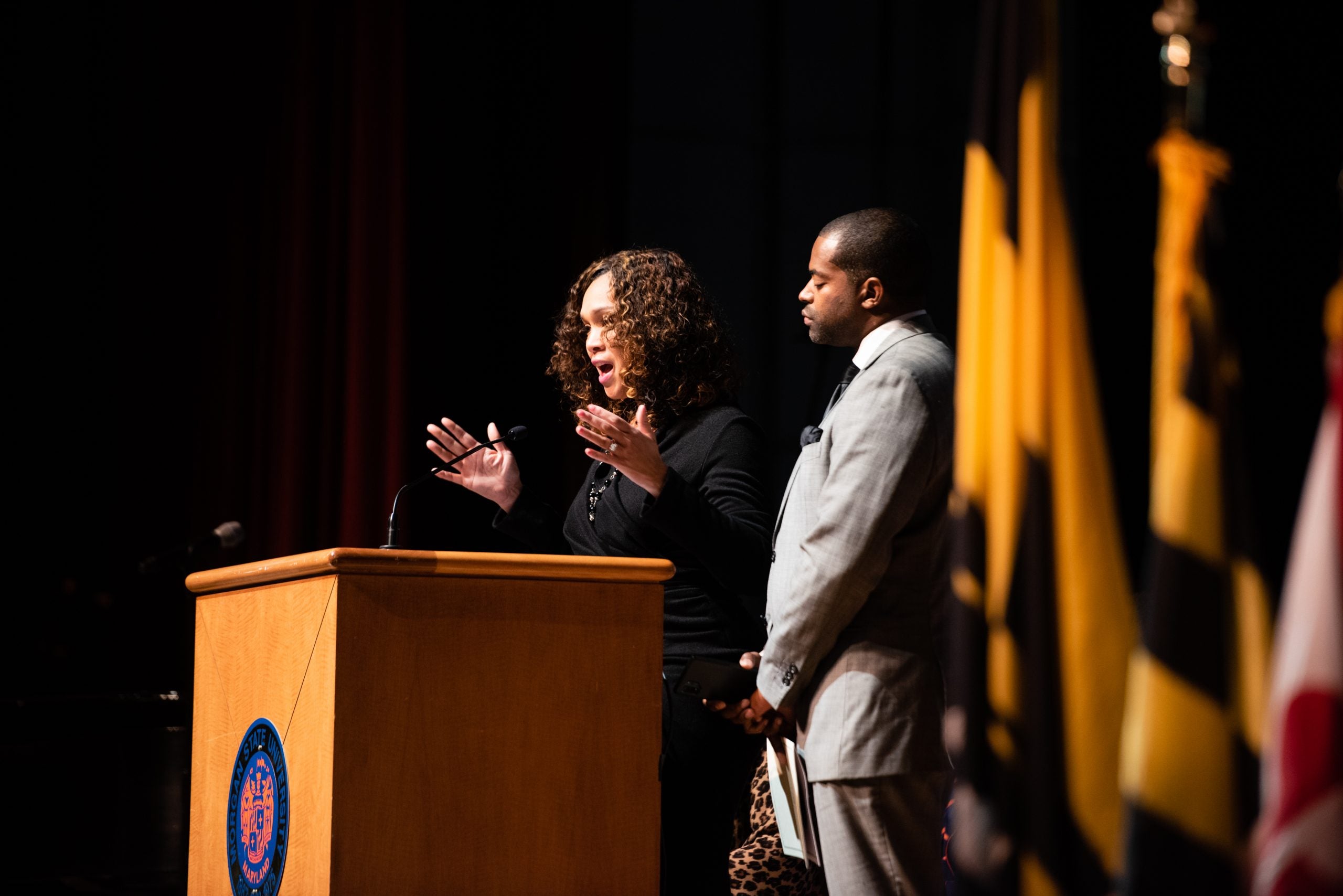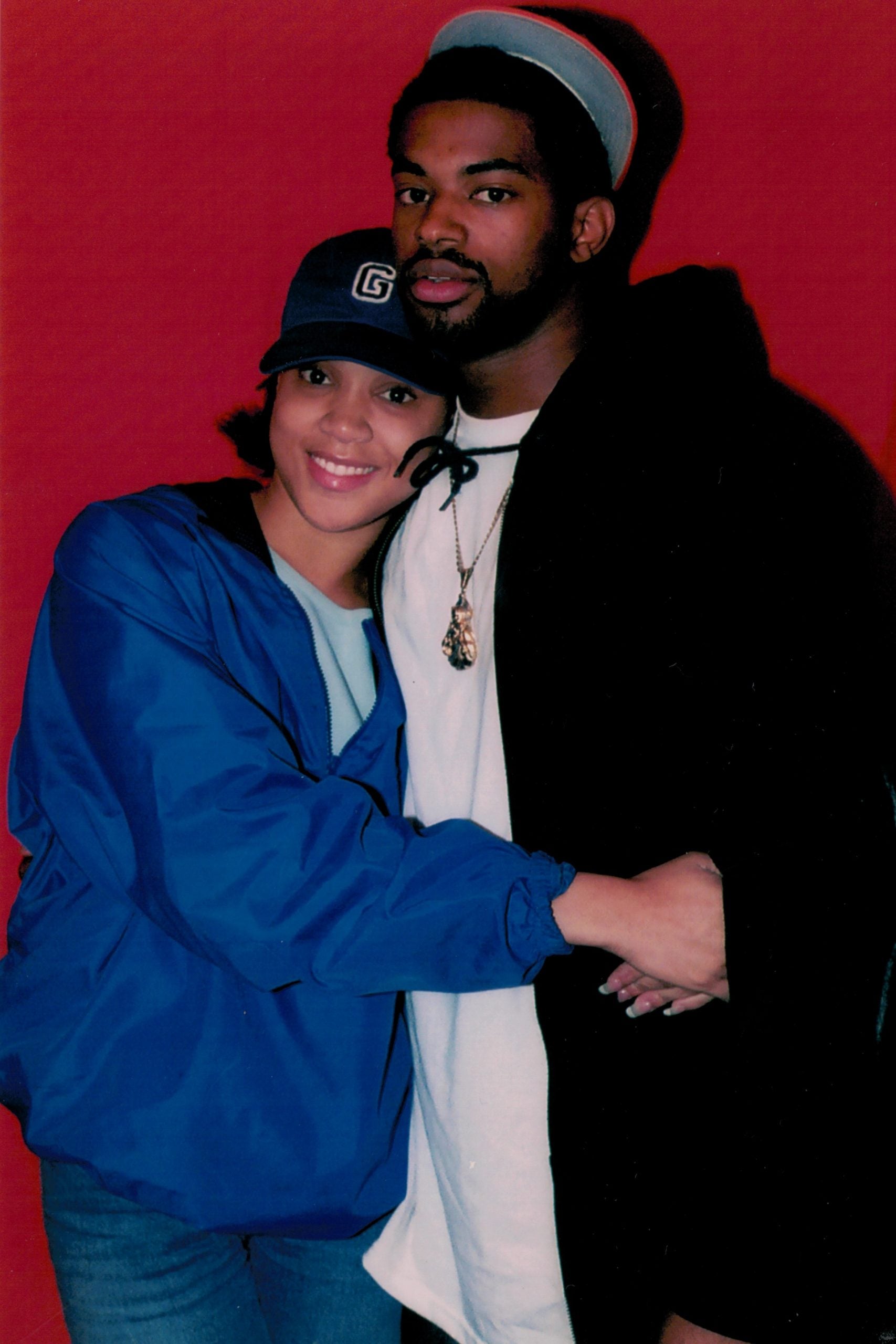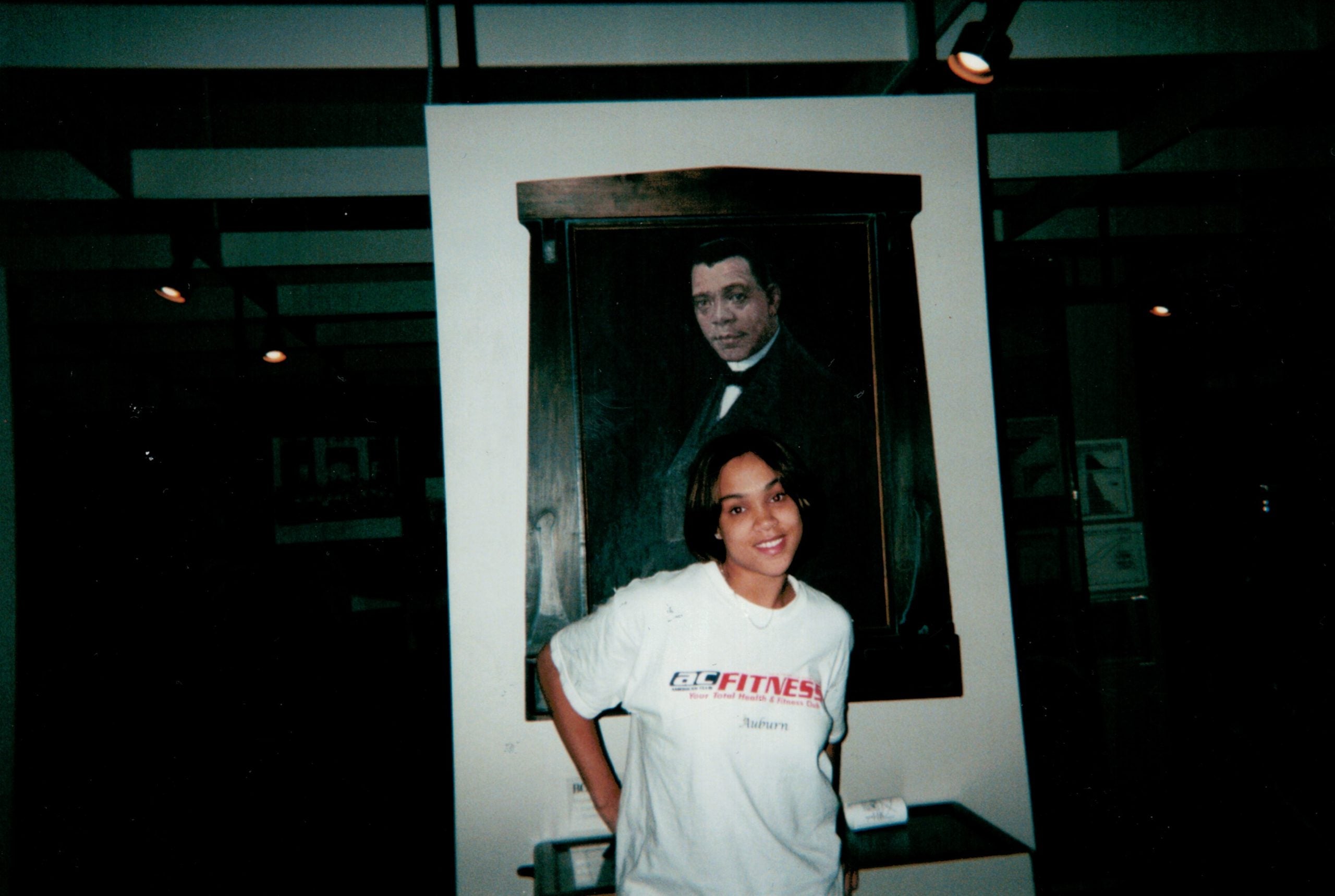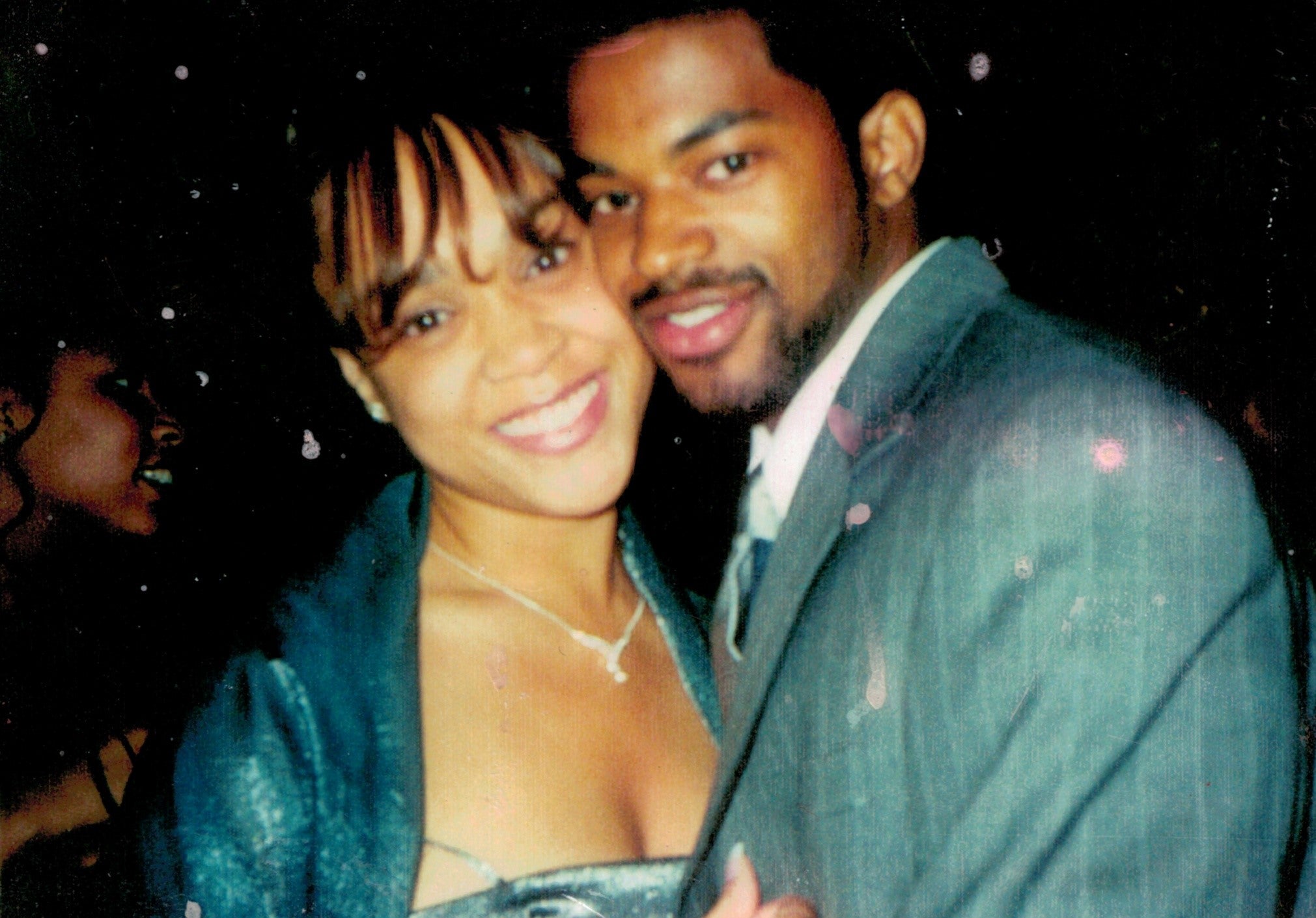
Marilyn Mosby wasn’t always known as the no-nonsense State’s Attorney shaking things up at the top of Baltimore’s criminal justice system. Before she became the youngest chief prosecutor of any major American city, she was an ambitious high school student from inner-city Boston with dreams of attending a historically Black college hundreds of miles from home.
Join Barack Obama, Kevin Hart and more as we celebrate our 2020 HBCU graduates in style! Click HERE for more info on how to watch the official #ShowMeYourWalk – HBCU Edition virtual graduation ceremony presented by Chase live on essencestudios.com.
The bright young woman who took part in one of the country’s longest-running desegregation programs, had no idea then that her insistence to be educated among Black peers would lead her to one of her life’s greatest joys.
“We met in the student union and I actually met him before but didn’t pay any attention to him,” Mosby tells ESSENCE of the day she fell for husband Nick Mosby. “It wasn’t until me and a couple of girlfriends and a couple of his guy friends, linked up in the student union, bored on a Saturday and we just started talking about politics and music. I met this intriguing guy who I didn’t pay attention to before, but for some reason, he was cute that day and it had more to do with his intellect than anything else.”

A star student herself, Mosby, who went by Marilyn James at the time, was attracted to Nick for not only his mind but also the things that seemed to matter to him. “The fact that he loved the city of Baltimore and he wanted to come back and do something for his community,” is what Mosby says sealed the deal. She was 18.
Growing up, the young prosecutor, most readily associated with her role in the Freddie Gray case, was bused an hour away from her Boston home to what she calls “one of the richest towns in Massachusetts.” When she started the program in the second grade she was noticeably the only Black child in the entire school. And early on she determined that she could either be a positive representation for Black people or be bitter about the misconceptions and stereotypical views that some people held about who they thought she was.
From six years old on to high school Mosby says she gladly took on the responsibility that came with choosing the former. “I was in all honors classes, was in SGA, co-editor of the school newspaper, and bringing diversity workshops to the school,” Mosby recalls. But when it came time for college, the high-achiever wanted something entirely different. “I only applied to three schools, which was Tuskegee, Spelman and Hampton. I knew that I wanted to go down to the South. I knew I wanted to attend an HBCU and I wanted the Black experience.”

Her guidance counselors at the time questioned her choice to only apply to HBCUs. “You’re graduating top of your class. Why aren’t you going to UMass Amherst?” they would ask. But Mosby was focused on tackling a much different world, unique to the institutions formed from a need to educate Black students, shut out by other schools of higher learning.
The native New Englander says she first fell in love with Tuskegee on a Black college tour her 11th-grade year. Joined by students from all across the state of Massachusetts, Mosby fell for the school farthest away from home. “I fell in love with the campus and the history. From Booker T. Washington and the veil of ignorance to George Washington Carver and the Tuskegee Airmen. Just the history and the beauty of that campus is something that definitely made me say ‘I want to be here.’”
Miles away from her predominantly all-white school in the Northeast, was this culturally opposite Black college in the deep South. It’s there, Mosby says, that she not only found an intellectual match in Nick, but a community of people who were moved to improve the places they came from, and the places they were going. “There were so many people like that at Tuskegee who were making a difference and wanted to make a difference for our communities. And I think that that kind of sticks out for me the most,” Mosby shares.
More than 20 years after their first meeting, she remembers it also being the attraction factor that drew her to Nick. “That really inspired me to be with him and inspired me to want to pursue this relationship,” the wife and mom of two admits.

At Tuskegee, Mosby performed at the top of her class and was president of Pi Sigma Alpha, a collegiate honor society for Political Science majors. She was also on the bioethics debate team, and through sheer will and determination, got into her first choice for law school. But more than the accolades that came along with her HBCU education, Mosby says she received an awareness and validation for speaking up for marginalized communities. “When I look at what happened in the Tuskegee syphilis study, it’s indicative of the federal government that failed to speak up and failed to do anything for marginalized people within this community.”
Now in her role as Baltimore State’s Attorney, Mosby believes she’s doing just that. And Nick, the man she met as an 18-year-old girl is alongside her, working to change Baltimore as a Maryland state delegate and candidate for Baltimore City Council President. Shooting the breeze on that Saturday afternoon in the student center turned out to be a pivotal moment in both of their lives. Tuskegee, who Mosby credits with laying the foundation for her consciousness and giving her the okay to be unapologetically Black, is the place now credited with making the Baltimore power couple who they are.
“I guess that’s the example that I always try to showcase,” Mosby asserts. “That I am who I am because of my HBCU experience.”
—
In wake of the COVID-19 crisis, a coalition of HBCU leaders, advocacy organizations, and corporate partners have come together to host the National HBCU Commencement Celebration. The virtual celebration will be streamed live from ESSENCE Studios on Saturday, May 16, 2020 and will feature celebrity hosts, motivational speakers, musical performances, and the profiles of HBCU valedictorians and other graduates.